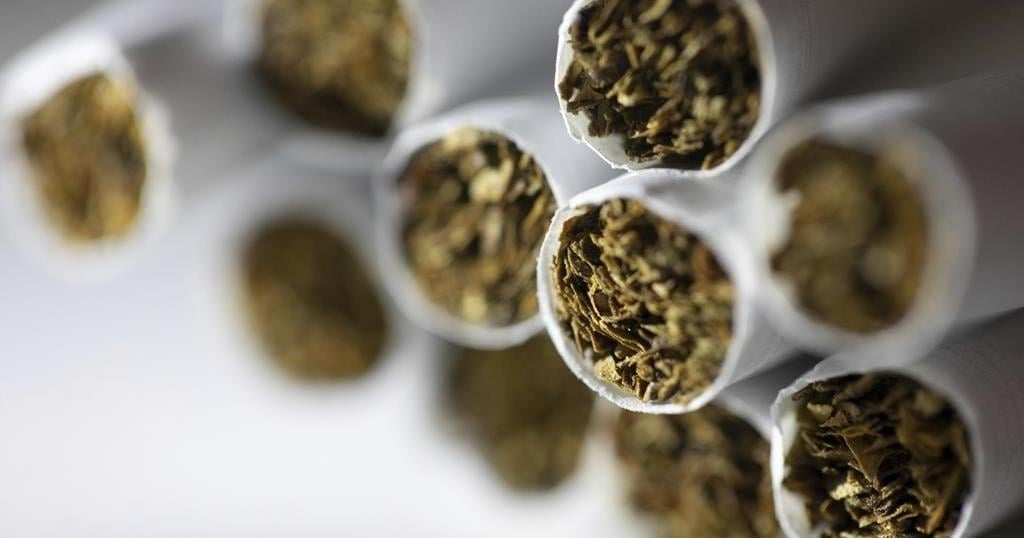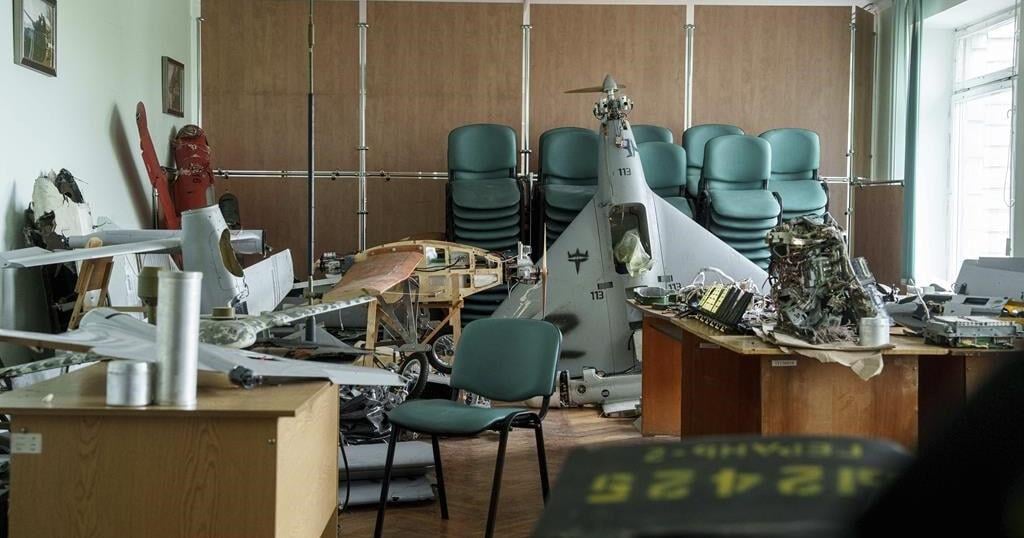NEW YORK (AP) — Teen smoking hit an all-time low in the U.S. this year, part of a big drop in the youth use of tobacco overall, the government reported Thursday.
There was a 20% drop in the estimated number of middle and high school students who recently used at least one tobacco product, including cigarettes, electronic cigarettes, nicotine pouches and hookahs. The number went from 2.8 million last year to 2.25 million this year — the lowest since the Centers for Disease Control and Prevention’s key survey began in 1999.
“Reaching a 25-year low for youth tobacco product use is an extraordinary milestone for public health,” said Deirdre Lawrence Kittner, director of CDC’s Office on Smoking and Health, in a statement. However, “our mission is far from complete.”
A previously reported drop in vaping largely explains the overall decline in tobacco use from 10% to about 8% of students, health officials said.
The youth e-cigarette rate fell to under 6% this year, down from 7.7% last year — the lowest at any point in the last decade. E-cigarettes are the most commonly used tobacco products among teens, followed by nicotine pouches.
Use of other products has been dropping, too.
Twenty-five years ago, nearly 30% of high school students smoked. This year, it was just 1.7%, down from the 1.9%. That one-year decline is so small it is not considered statistically significant, but marks the lowest since the survey began 25 years ago. The middle school rate also is at its lowest mark.
Recent use of hookahs also dropped, from 1.1% to 0.7%.
The results come from an annual CDC survey, which included nearly 30,000 middle and high school students at 283 schools. The response rate this year was about 33%.
Officials attribute the declines to a number of measures, ranging from price increases and public health education campaigns to age restrictions and more aggressive enforcement against retailers and manufacturers selling products to kids.
Among high school students, use of any tobacco product dropped to 10%, from nearly 13% and e-cigarette use dipped under 8%, from 10%. But there was no change reported for middle school students, who less commonly vape or smoke or use other products,
Current use of tobacco fell among girls and Hispanic students, but rose among American Indian or Alaska Native students. And current use of nicotine pouches increased among white kids.
___
The Associated Press Health and Science Department receives support from the Howard Hughes Medical Institute’s Science and Educational Media Group. The AP is solely responsible for all content.






























